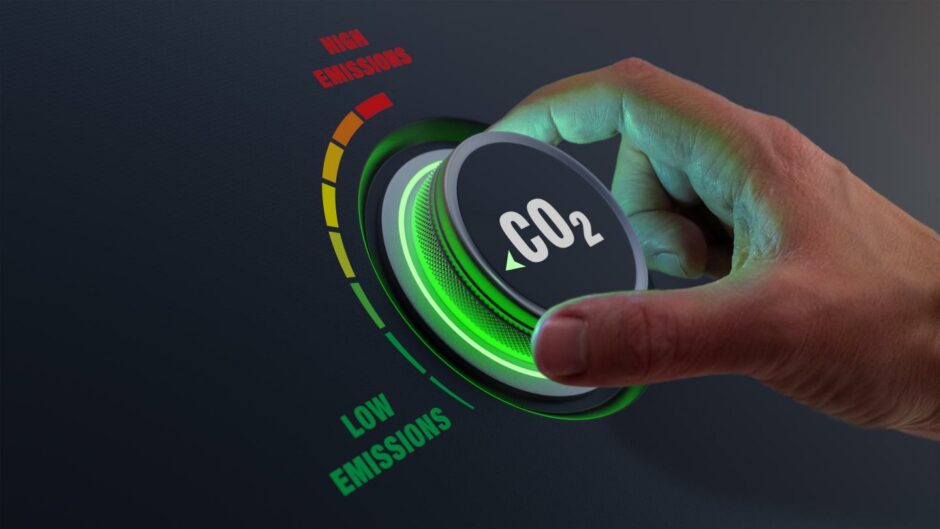
Despite COP26 talks, last year saw renewable growth fall to its lowest level since 2010, with these figures falling every year since 2015. If the UK is to hit its 2050 net-zero targets, Government and businesses must ensure that they uphold the COP26 pledges throughout 2022. With the UK’s ambitious targets to cut emissions by 78% compared to 1990 levels, and ensure all electricity comes from clean sources by 2035, tougher policies are needed to make sure that the country does not falter in its commitments to meet the 1.5C global warming target.
To guarantee an uptick in renewable energy usage, the UK must better utilise technology to drive grid innovation, while all sectors need to be held more accountable via more rigorous reporting.
Utilising technology to reach our climate goals
Artificial intelligence (AI) is essential to aiding the battle against climate change, especially with regards to the electric power industry and grid optimisation. AI could help cut global emissions by 4% by 2030, increasing energy efficiency by helping utility companies manage the increase in renewable energy. AI can identify solar predictions and household consumption to make the best decision for when to charge and discharge smart batteries, helping households save money. This means that smart batteries can be charged from the grid at lower cost times if the weather prediction shows low levels of solar.
When there is excess renewable energy on the grid, but not enough demand, AI can be utilised to predict this surplus to ensure that additional energy is consumed or stored in advance using AI powered smart batteries. AI can also combine its predictions with requests from utility companies regarding grid constraints so that virtual power plants have enough energy at peak times to support the grid, with minimum impact on the end customer. The government must ensure grid operators can effectively utilise technologies, such as flexibility services.
Keeping us accountable with climate impact reporting
A robust reporting system, like Science Based Targets, needs to be implemented to ensure that large corporations and businesses are held accountable for their carbon footprint. Without these more rigorous reporting methods, our climate goals are at risk of increased corporate greenwashing.
Less than half (45%) of FTSE 350 companies have identified climate as a current or emerging risk, despite the fact that global actions are adding around 11 billion metric tons of carbon dioxide to the atmosphere each year. The government must do more to guarantee businesses implement serious strategic plans to transition to net-zero, whilst ensuring that those who do not are penalised.
Ensuring we all have a seat at the table
Leaders across all sectors must commit to real change. The significant role leaders from large oil and gas companies play in the energy landscape, and their vast design and engineering knowledge, means their support is just as important as their renewable counterparts if we’re to successfully make the transition to net-zero.
More actionable conversations need be had on the shift from our current energy system which is overly reliant on fossil fuels to a new system which relies on renewable energy. We need to properly consider how – and if – gas and carbon capture can work in the transition. It is crucial that we move past simple pledges and take action by focussing on the implementation of technology.
2020 was the second warmest year since records began in 1880. We are racing against the clock and there is no time to waste. Technology will propel the transition forward by ensuring a greener energy supply and a decarbonised grid, while robust reporting will hold more businesses accountable. We must all act now to stop further irreparable damage occurring.
Recommended for you

 © Supplied by Moixa
© Supplied by Moixa